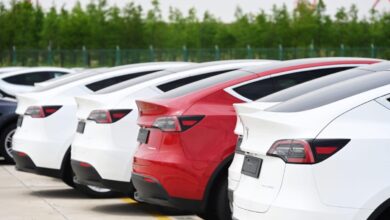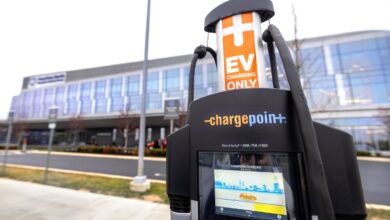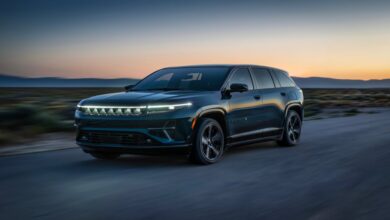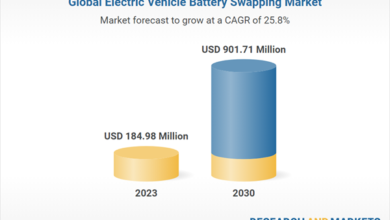General Assembly looks to electrify qualifying state-operated vehicles by 2040

Democratic lawmakers advance a bill requiring state-operated passenger and light-duty vehicles to be zero emission by 2040.
The bill follows the announcement of a state regulation to increase the amount of electric vehicle sales over the next nine years.
The regulation, announced in November 2023, requires 82% of new cars and trucks sent to Delaware for sale to be zero-emission vehicles (ZEVs) by 2032.
Delaware GOP members have since challenged that mandate in the state’s Superior Court, with trial set for December 2025.
“I drafted this legislation because I thought it was important that the state practice the behavior that it is seeking to implement in other areas such as the private sector,” the bill’s sponsor State Rep. Krista Griffith (D-Fairfax) said.
The bill exempts law enforcement vehicles, Department of Education vehicles, such as school buses and plow trucks, as well as vehicles designated for employee take-home use prior to 2035.
“This legislation will allow for an average reduction of 2875kg of carbon reduction per year per vehicle. When we reach 100% of electrification, that will be 5.2 million kg of carbon emissions each year — an amount that would equal the planting of almost 250,000 trees.” Griffith said.
But Republican Representatives were not receptive to the bill, raising concerns over the capability of Delaware’s power grid and its infrastructure, as well as the availability of zero-emission versions of large trucks.
“When I’ve asked this question of some of our power generators, their response has been, ‘no, we don’t have the infrastructure, and no, we don’t have plans to put it in. No, we don’t have the power generation, and no, we don’t have plans to put it in,'” said State Rep. Jeff Spiegelman (R-Clayton).
Griffith says she has not heard the same concerns from power companies during the bill’s development.
Director of Government Support Services Peter Korolyk says there should be no issue reaching 15% conversion by 2026, saying the state is only 78 vehicles away from reaching that target right now and 170 vehicles are already ZEVs.
He says there are 1,500 state vehicles in total that are considered passenger or light-duty vehicles.
The bill lists additional benchmarks, including 25% conversion by 2029 and 50% by 2032 before 100% completion in 2040.
The legislation is expected to cost $2.5 million over the next three years with the Delaware Office of Management and Budget covering the cost of passenger vehicle conversion, as well as one electric vehicle charger for every two vehicles.
The Delaware Department of Transportation fund is expected to pay for the conversion of 255 light-duty vehicles at a rate of 15 vehicles per year, as well as the accompanying vehicle chargers.
The bill’s fiscal analysis assumes annual fuel savings of $265 per electric vehicle.
The bill passed The House by a vote of 23 to 14 with only Democratic support and heads to the Senate for consideration.



